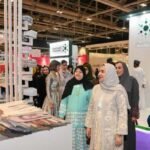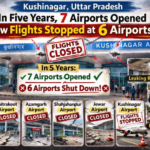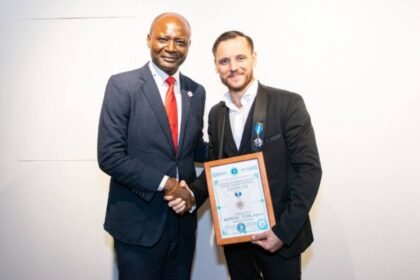
BY MOHAMMAD TARIQUE SALEEM, MUSCAT
In an exceptional gathering that brought together 59 media professionals representing 20 countries, the Sultanate of Oman hosted a major cultural event titled “A cultural heritage extending between Oman and the World at the National Museum.”The initiative reflected Oman’s commitment to opening its historical, cultural, and intellectual treasures to the global community, while reaffirming its role as a nation deeply rooted in civilization and steadfast in its contributions to international dialogue, peace, and cooperation. The event aimed not merely to showcase Oman’s historical journey but also to present the rich values that shape the Omani identity, values grounded in authenticity, coexistence, and openness to the world.
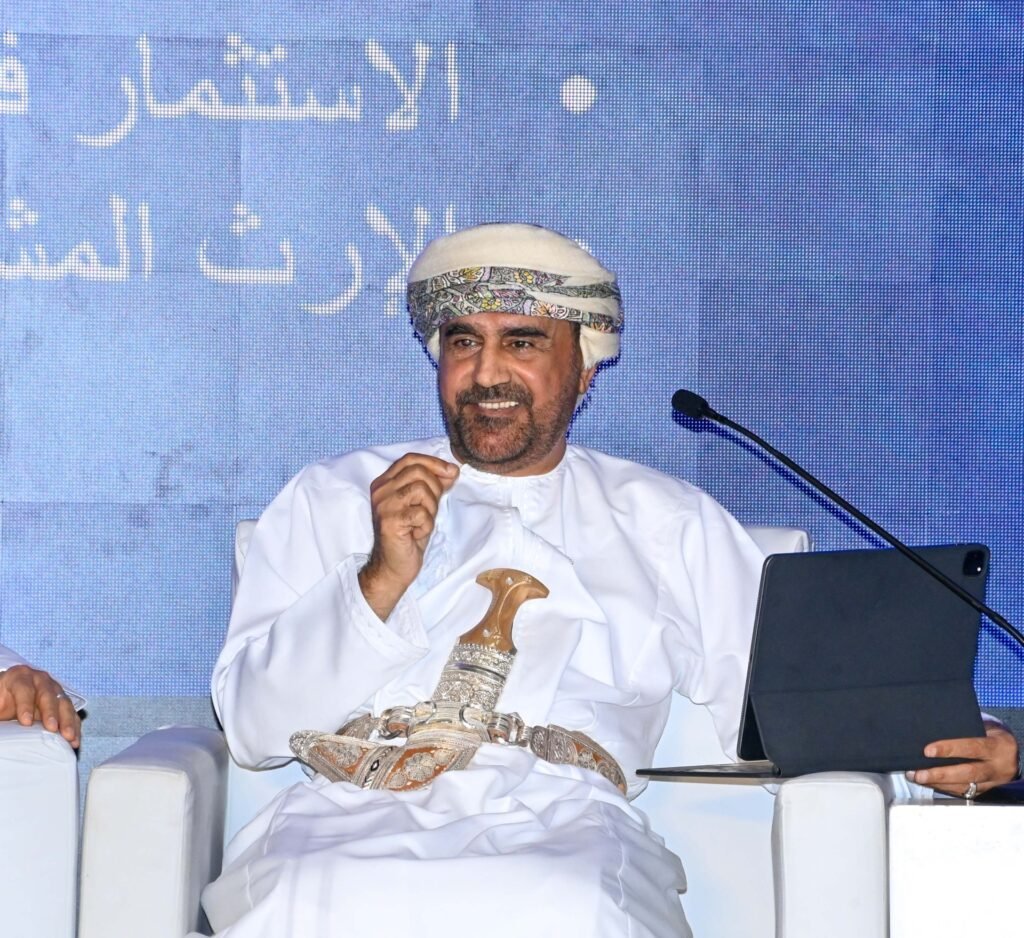
These principles have long guided Oman’s interactions with other civilizations and have placed the Sultanate in a distinguished position on the regional and global stage. At the heart of the program was a comprehensive panel discussion structured around six major themes that encapsulate Oman’s historical influence and its contemporary relevance. These themes included the nation’s longstanding diplomatic relations, its remarkable maritime heritage and logistical capabilities, its tradition of commercial and cultural outreach, the symbolism behind Oman’s national branding identity, and the significance of investing in archaeological sites both in Oman and Zanzibar. Together, they painted a picture of a country that has served as a bridge between regions, cultures, and economies throughout history.
The session witnessed the participation of renowned scholars, historians, diplomats, and media experts who brought with them diverse global perspectives. Their insights offered a deeper understanding of how Oman has preserved its ancient legacy while continuing to evolve as a modern state focused on sustainable development, peacebuilding, and international cooperation. Representatives from leading international media houses also contributed to the discussion, emphasizing how Oman’s story resonates globally due to its unique blend of modernity and heritage.

Among the distinguished speakers was Abdel-Moati Abu Zaid, External Media Advisor at Egypt’s State Information Service, who expressed profound appreciation for Oman’s Ministry of Information for organizing such a meaningful dialogue. He noted that the event successfully reminded the world of Oman’s rich historical roots, which remain a guiding force in its current path. According to him, Oman has always stood out due to its consistency in adhering to authentic values that promote harmony, tolerance, and constructive engagement with various civilizations.
Abu Zaid highlighted that Oman’s civilizational continuity across centuries has made it a pivotal connector between diverse cultures. Whether through ancient maritime routes or through today’s respected diplomatic channels, Oman has maintained a distinctive identity rooted in wisdom and mutual respect. He emphasized that Omani diplomacy, widely acknowledged across the world, has consistently championed peace and stability. It follows an independent and balanced approach, one that safeguards national interests while contributing positively to regional and international welfare.
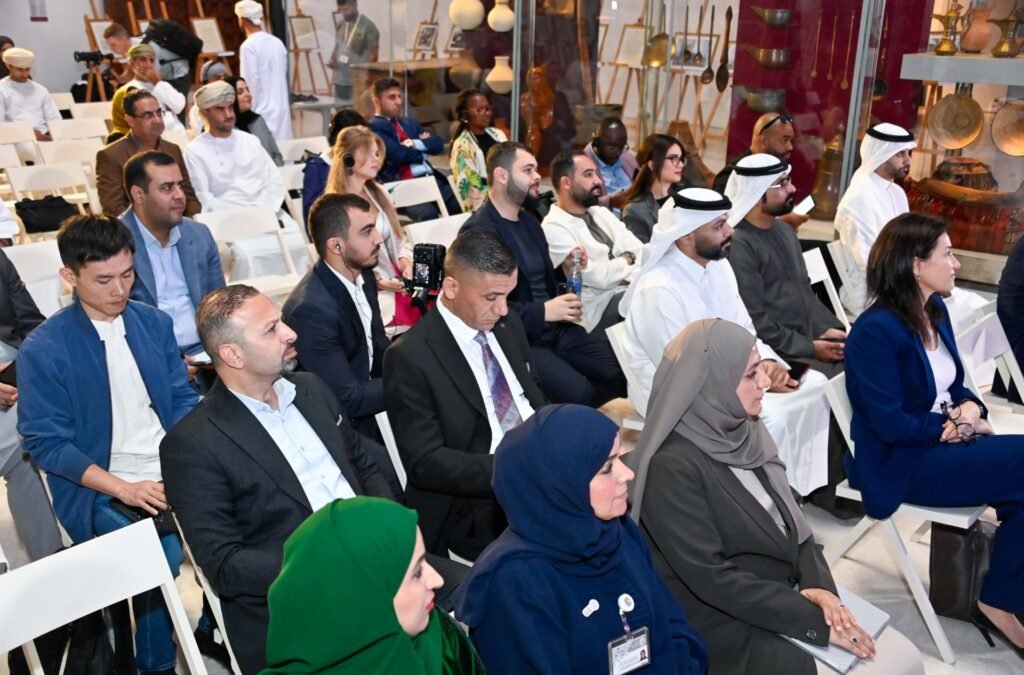
The event’s diverse participation, he added, reflects Oman’s historical role as a crossroads of peoples and cultures. The Sultanate has long been a center where ideas, trade, and knowledge converge, making it an essential space for intercultural communication and understanding. Another important voice in the discussion was Khaldoun Azhari, President of Japan’s Pan Orient News. He described Oman as a nation with impressive civilizational achievements that predate the establishment of many modern states in the region. He noted that Oman was among the earliest contributors to the spread of knowledge and culture across the Arabian Peninsula and beyond. The country’s influence extended deep into East Africa, enhancing its role as a significant cultural player with contributions that transcend geographical boundaries.
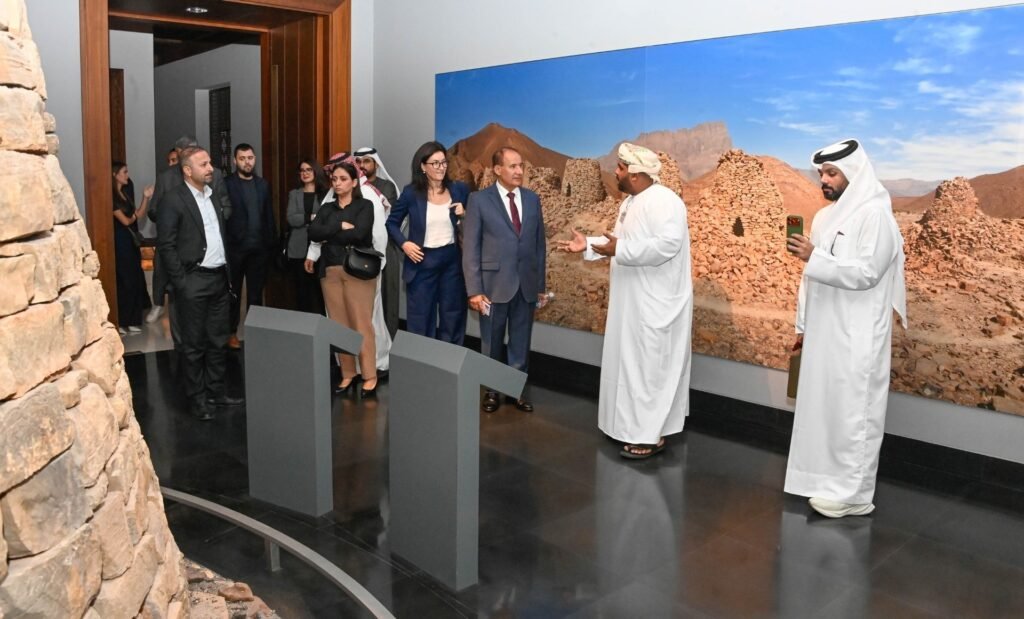
Azhari also shed light on the special historical relationship between Oman and Japan. These ties, rooted in warm interactions between the ruling families of both nations, have nurtured mutual respect and strong diplomatic ties. Today, Oman and Japan maintain solid cooperation in key economic sectors, particularly in energy, a cornerstone of their bilateral relationship and a vital element supporting shared strategic interests. He added that Japanese admiration for Oman extends beyond diplomacy and economics. Many Japanese visitors are drawn to the Sultanate’s striking landscapes, atmospheric forts, pristine coastlines, and the immersive experience of Omani culture. The natural beauty of Oman, he said, has become a source of inspiration and fascination for Japanese travelers seeking authenticity and serenity.
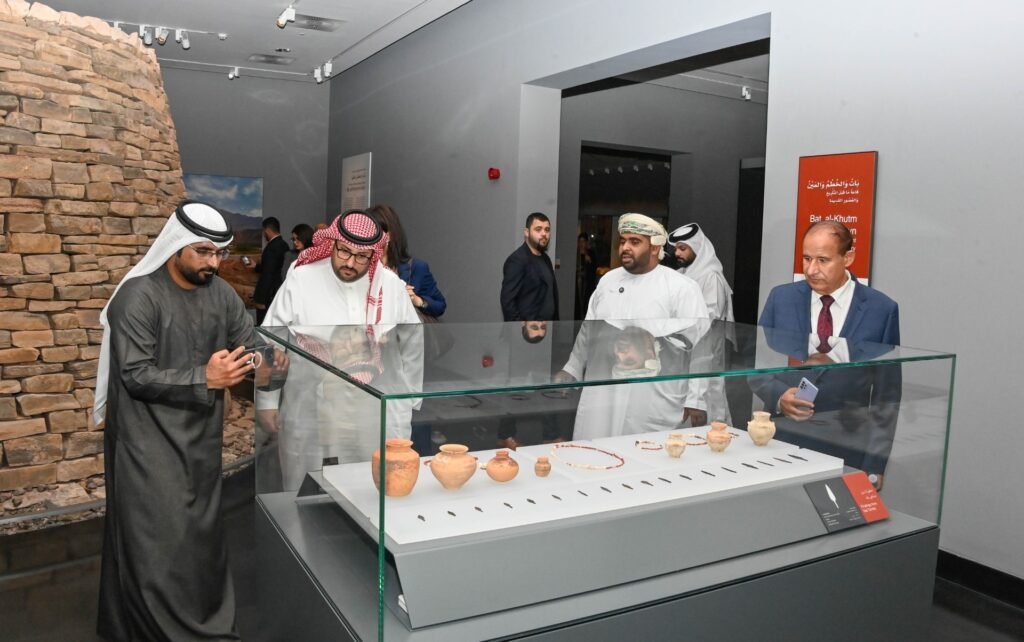
Beyond the intellectual exchange and panel discussions, the event also featured a five-day cultural exploration program designed to give participants first hand experience of Oman’s historical depth. Delegates embarked on visits to some of the nation’s most important heritage sites, including the National Museum, where Oman’s story is preserved through meticulously curated exhibits; the bustling and historic Mutrah Souq, a living relic of Oman’s trading past; and the world-renowned Royal Opera House Muscat, which stands as a beacon of artistic elegance and cultural dialogue.
Participants also visited Harat Al-Busaid in the Wilayat of Adam, a site that reflects early architectural and social development in the region; the grand and innovative Oman Across Ages Museum, which charts the nation’s journey from ancient times to its modern renaissance; and the historic Wilayat of Nizwa, often referred to as the cultural heart of Oman. A scenic maritime tour of Muscat’s coastline offered visitors a glimpse into Oman’s legendary seafaring legacy. The exploration concluded with a visit to the iconic Al-Mirani Fort, a structure that stands guard over Muscat’s harbor and symbolizes centuries of strategic and cultural importance.
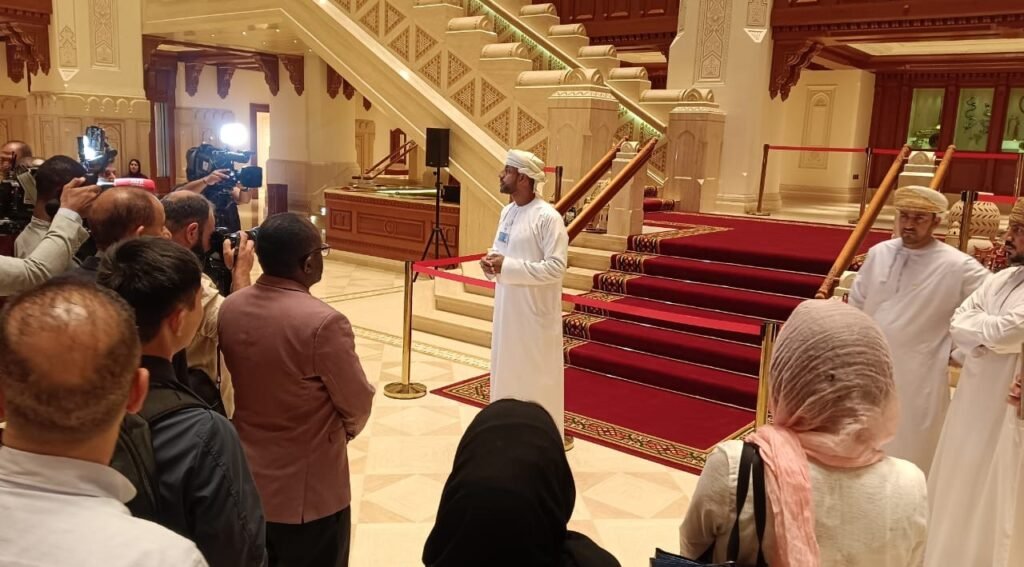
Through these carefully curated experiences, participants gained a richer appreciation of how Oman’s history lives on through its architecture, traditions, and landscapes. More importantly, they witnessed the harmony with which the Sultanate has blended its past with its aspirations for the future. The event, in its essence, was more than a cultural gathering; it was a reaffirmation of Oman’s enduring philosophy, one that embraces peace, dialogue, coexistence, and mutual respect.
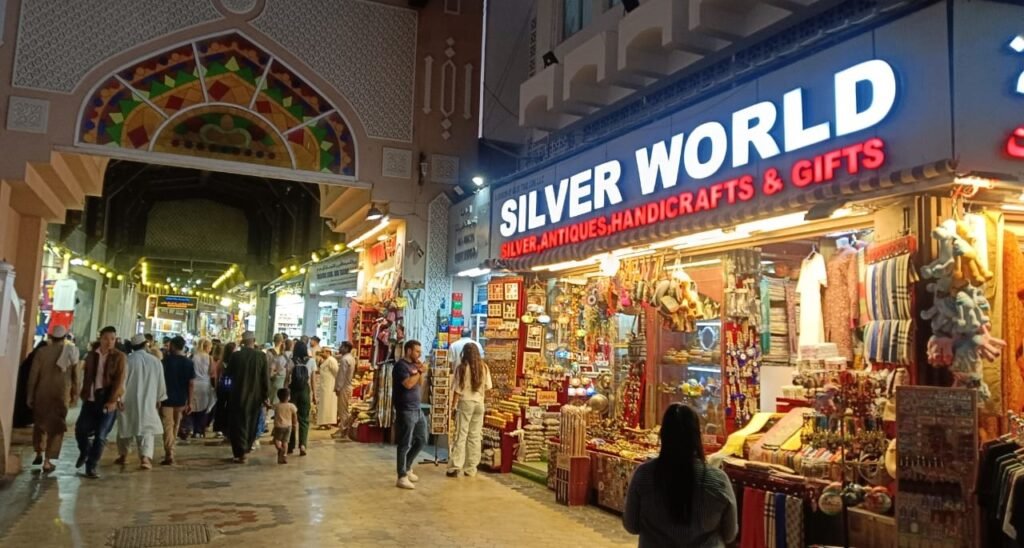
It showcased how a nation with ancient roots continues to remain relevant, inspiring, and influential in a rapidly changing world. And as the international delegates departed from the Sultanate, they carried with them a deeper understanding of a country whose civilizational heritage continues to extend far beyond its borders, linking Oman to the world in meaningful, timeless ways.





